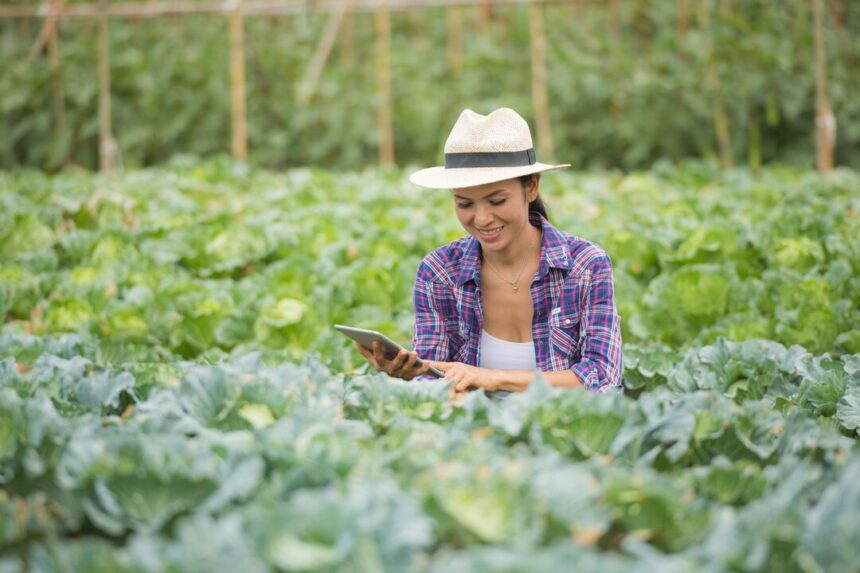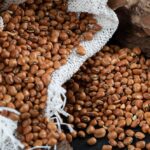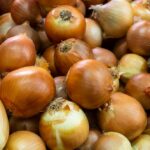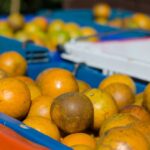Sustainability is a vital component of modern farming, especially as global challenges like climate change, resource scarcity, and food security grow more pressing. South African farmers, in particular, face unique challenges due to varying climates, water shortages, and soil degradation. By focusing on sustainable practices and investing in the right equipment, farmers can improve productivity while safeguarding the environment for future generations.
What is Farm Sustainability?
Farm sustainability involves managing agricultural resources in a way that meets present needs without compromising the ability of future generations to meet theirs. Sustainable farming encompasses environmental health, economic profitability, and social equity.
Key principles of farm sustainability include:
- Preserving Soil Health: Preventing erosion, improving fertility, and maintaining the soil’s ability to support crops.
- Water Conservation: Efficient water use to reduce wastage and maintain availability in drought-prone areas.
- Minimizing Chemical Use: Reducing dependence on synthetic fertilizers and pesticides to protect ecosystems.
- Energy Efficiency: Using renewable energy and efficient machinery to reduce the farm’s carbon footprint.
The Role of Equipment in Sustainable Farming
Sustainability isn’t just about techniques and practices; it also requires the right tools to maximize efficiency and minimize environmental impact. Investing in sustainable farming equipment helps farmers achieve higher yields with fewer resources while reducing waste and emissions.
Essential Equipment for Sustainable Farming
1. Soil Conditioners and Tools
Healthy soil is the cornerstone of sustainable farming. Tools such as compost spreaders and aerators improve soil structure, ensuring it retains nutrients and water.
- Compost Spreaders: Distribute organic matter evenly, boosting soil fertility.
- Aerators: Improve soil aeration, encouraging root growth and water infiltration.
2. Water-Saving Irrigation Systems
Efficient water management is critical in South Africa, where droughts are common. Modern irrigation systems reduce water wastage and deliver water precisely where it’s needed.
- Drip Irrigation: Directs water to the root zone, minimizing evaporation.
- Rainwater Harvesting Systems: Collect and store rainwater for irrigation during dry periods.
3. Precision Farming Equipment
Technology plays a significant role in sustainability. Precision farming tools use data to optimize farming practices, reducing waste and improving yields.
- GPS-Guided Tractors: Ensure accurate planting, fertilizing, and harvesting, reducing overlaps and resource wastage.
- Drones and Sensors: Monitor crops and soil conditions, helping farmers make informed decisions.
4. Renewable Energy Solutions
Renewable energy systems are essential for reducing the farm’s carbon footprint and cutting energy costs.
- Solar-Powered Water Pumps: Provide sustainable water pumping solutions, especially in off-grid areas.
- Wind Turbines: Generate electricity to power equipment and farm operations.
5. Eco-Friendly Weed and Pest Management Tools
Reducing chemical use is a key aspect of sustainable farming. The right tools can help manage pests and weeds naturally.
- Flame Weeders: Use heat to eliminate weeds without chemicals.
- Biological Pest Control Systems: Encourage natural predators to manage pests.
6. Multi-Purpose Machinery
Investing in versatile equipment reduces the need for multiple machines, saving costs and resources.
- Compact Tractors: Ideal for small farms, these tractors can perform various tasks such as plowing, seeding, and transporting.
- No-Till Seed Drills: Plant seeds directly into unplowed soil, preserving soil structure and reducing erosion.
Benefits of Sustainable Farming and Equipment
Adopting sustainable farming practices and using the right equipment offers several benefits, including:
- Increased Efficiency: Reduced resource wastage and higher productivity.
- Environmental Protection: Improved soil health, reduced water usage, and lower emissions.
- Cost Savings: Long-term savings through reduced energy and input costs.
- Resilience to Climate Change: Sustainable practices help farms adapt to changing weather patterns.
Farm sustainability is more than just a trend; it’s a necessity for the future of agriculture. By understanding sustainable practices and investing in the right equipment, South African farmers can achieve long-term success while protecting the environment.
Start by evaluating your farm’s unique needs, prioritize soil and water health, and embrace modern tools and technology. Sustainable farming is not only good for the planet but also ensures that your farming legacy thrives for generations to come.







